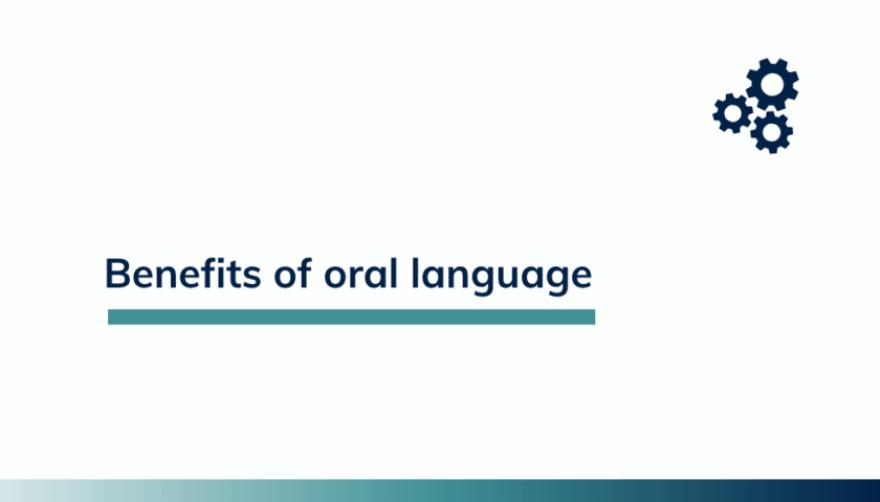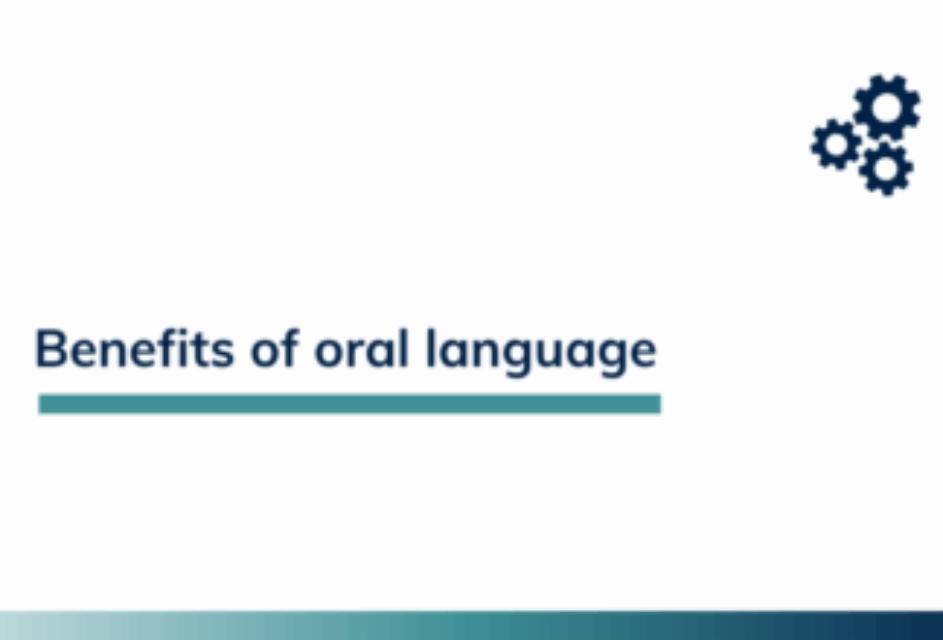The benefits of oral language beyond the classroom
Improving communication is rarely seen as violence prevention, yet this Guardian article explores an initiative where children are taught to talk to help them stay out of gangs.


“Research shows that the path to getting excluded from school, then being exploited by criminals or caught up in a gang, often starts in Reception, with children who are left behind coming to feel they don’t belong in school because of their problems with language,” Anna Fazackerley writes.
Making connections with peers, expressing needs, and playing together often relies on communication skills. If a child does not have those skills, they can feel left out and grow frustrated. Undiagnosed language delays often cause students to exhibit poor behaviour, which can become problematic later on.
The Violence Reduction Unit (VRU) was formed in London in 2019 and is committed to reducing exclusions and suspensions to keep young people safe in school. One of its initiatives focuses on helping children to communicate by building strong oral language skills.
Liz Peck, Director of the VRU, says helping four-year-olds to communicate is a no-brainer. “We know that kids are safer in school, and we know the ones who are most likely to be excluded, so it makes sense to flip it around and intervene right at the beginning.”
As this article shares, the statistics are stark. Two-thirds of children at risk of being excluded from secondary school have problems with speech, language and communication. The same is true of 60% of those accessing youth justice services. Language problems are also far more prevalent in the prison population than the national average.
Lisa Williams, Headteacher at one of the programme’s participating schools explains: “More than half the children in reception here struggled with speaking when they started school. Many of our children can’t even tell you how they are feeling when they get here. If a young child can’t talk properly, they will struggle throughout the day, not only in keeping up with learning, but also making friends and negotiating things such as sharing and taking turns.”
The findings from this initiative are remarkable. Early data from the VRU on young children who completed its oracy interventions last year showed that 98% had narrowed the communication gap with their peers, with 60% now meeting expected standards in understanding and using vocabulary.
Investing in language intervention as soon as children start school, or even earlier in Nursery, is essential for ensuring all children have the foundation for success. By supporting language difficulties early on, schools reduce the risk of not just academic struggles, but also social difficulties. Early language intervention equips students with the tools they need to thrive academically, socially, and emotionally.
Read the full article in The Guardian to learn more about the impressive work the Violence Reduction Unit is doing.
